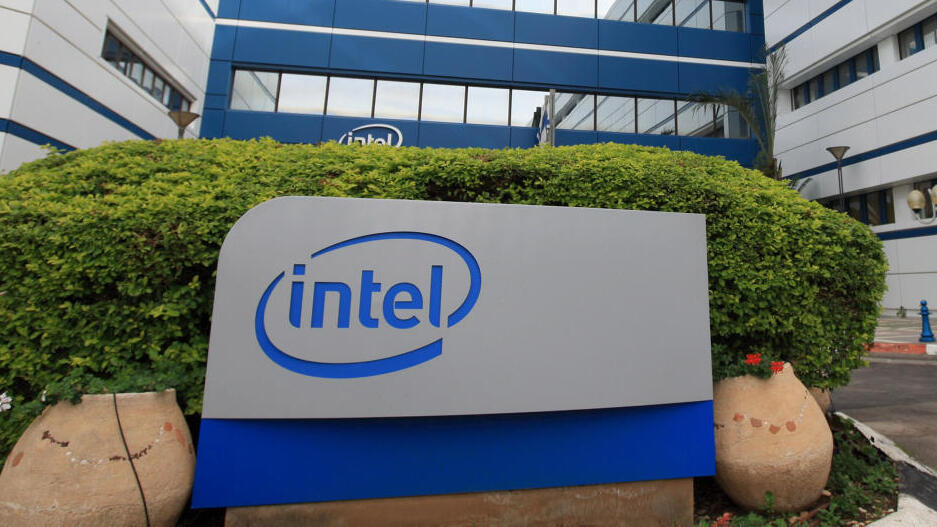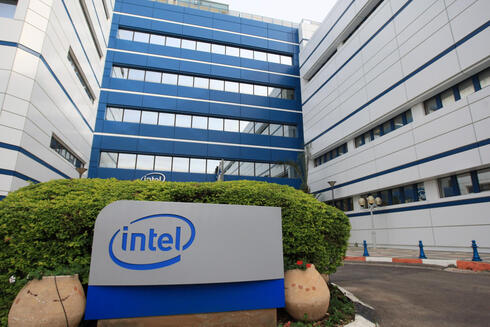
Intel cuts free coffee, braces for next layoff wave
Intel Israel employees face empty kitchen stations as company cost-cutting intensifies ahead of layoff notices.
Intel employees arriving at the company’s offices in Israel this morning were met with an unpleasant surprise: the once well-stocked kitchenettes, offering complimentary coffee, tea, and fruit as is typical in high-tech offices, were now empty. A single sign stood on the counter: “Fruit and beverage service update. Free coffee, tea, and fruit service will end on 27.10.2024.” This change came after the end of the holiday period in Israel.
Intel shuts down Granulate less than three years after $650M acquisition
"Why should I stay at Intel?" Employees question future as layoffs loom
“This may lead to further employee departures,” one Intel Israel employee told Calcalist. “This comes on top of losing company vehicles and cuts to stock options. A 'small' thing like coffee really affects employees—it's just embarrassing.”
Intel, facing one of its most challenging crises, announced in August a large-scale cost-cutting plan that includes laying off 15,000 employees, representing over 15% of its workforce. This process includes substantial layoffs within Intel Israel.
Check out all Intel related articles
Layoffs will begin in earnest this week, with managers scheduling meetings with employees selected for redundancy to issue termination letters. Employees will have time to decide whether to accept voluntary retirement packages or proceed to an official hearing to present their case. Those leaving Intel will have access to counseling and career services, including job search assistance, interview preparation, resume workshops, and even psychological support. In total, hundreds are expected to lose their jobs.
Related articles:
At the same time, Intel has reduced benefits for remaining employees. In September, Calcalist revealed that Intel planned to downgrade its coffee stations to simpler setups . Now, the cuts are even deeper: the company has completely eliminated free hot drinks and fruit across its campuses. “These items will no longer be supplied to kitchenettes,” read a message employees encountered this morning. Cafeterias will now offer coffee and tea for purchase at discounted rates.”
This change, though minor, has sparked considerable frustration. “There’s a common sentiment among employees that the company prioritized retirees over current staff,” an Intel Israel employee said. “Employees raised concerns in various forums, with questions like ‘Couldn’t they offer slightly less to retirees and keep coffee for us?’ I know about some of my staff who are circulating their resumes among other companies and unlike previous instances I have no way to respond.”
Another morale-crushing measure is the elimination of company cars. Intel employees at level 7 or above were previously entitled to either a company car or a 3,650-shekel allowance. Removing this benefit effectively reduces salaries by about 10% for many employees. At a recent meeting, staff questioned Intel Israel’s co-CEO Karin Eibschitz-Segal on whether this was legal, given it’s essentially a salary reduction. “The response was vague: ‘We reviewed all aspects, and this is the decision,’” the employee said. “When they cut salaries by 5% before, every employee had to sign off. Now they’re making larger cuts without consent, even though it’s likely in the employment terms.”
According to the employee, these measures could lead to more staff resignations beyond the 15% planned: “If the aim was to retain 85% of the workforce, the outcome could be different. The concern is that the best employees—the ones with more options—are the first to leave. It’s a risky approach.”
Intel responded, “As part of the extensive cost-cutting plan we announced in August, we are forced to make difficult but necessary decisions to reduce our workforce. These are the toughest decisions we make, and we treat employees with sensitivity and respect. These changes support our strategy to become a leaner, simpler, and more flexible company, with the goal of positioning Intel for long-term sustainable growth.”
